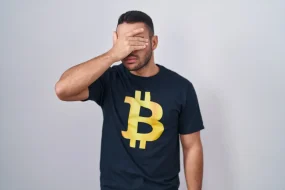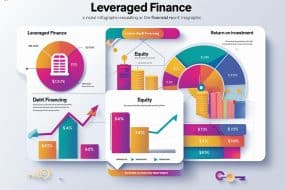- Home
- Finance & Side Hustles
- What is DeFi? – Clearly Expl ...

DeFi stands for Decentralized Finance. It’s a blockchain-based financial system that allows users to access financial operations, such as loans, borrowing, trading, and earning interest—without relying on traditional financial institutions.
These operations are executed through smart contracts on public blockchains like Ethereum. These self-executing codes enable automatic transaction execution when predefined conditions are met, eliminating intermediaries.
Traditional Finance vs. De-Fi
In traditional finance, banks and institutions handle all money storage, investment, and transaction processes. Access is restricted by location, business hours, identity verification, and bureaucracy.
With DeFi, users enjoy 24/7 financial services from anywhere in the world, needing only a crypto wallet and internet access.
How Does De-Fi Work?
De-Fi relies on smart contracts running on blockchain networks. Transactions are executed automatically based on set contract rules. Users interact directly with decentralized apps (dApps) via their crypto wallets—no need for paperwork or bank reps.
Common De-Fi Activities
- Lending crypto to earn interest
- Using crypto as collateral for loans
- Trading crypto tokens without centralized exchanges
- Providing liquidity to pools for rewards
- Staking assets to secure networks and earn returns
Popular De-Fi Platforms
- Uniswap – Decentralized exchange for token swapping
- Aave – Lending and borrowing crypto
- Compound – Earn interest on crypto holdings
- Curve Finance – Exchange for stablecoin trading
- Yearn Finance – Automated DeFi investment strategies
These platforms are open-source and decentralized. Users maintain full control over their assets at all times.
Why Is De-Fi Important?
De-Fi empowers users by providing financial access without requiring credit scores or identification. Key advantages include:
- No permission or ID required
- Transparent transactions on the blockchain
- Rapid development of new financial tools
- Users retain complete control over their funds
Is De-Fi Safe?
While DeFi offers many benefits, users must be cautious. Risks include:
- Vulnerabilities in smart contracts
- Rug pulls or mismanaged projects
- Volatile crypto asset prices
Before investing, always research De-Fi platforms and invest only what you can afford to lose.
Want to learn more? Check out our Blockchain Basics or follow us on Twitter for the latest De-Fi updates!







